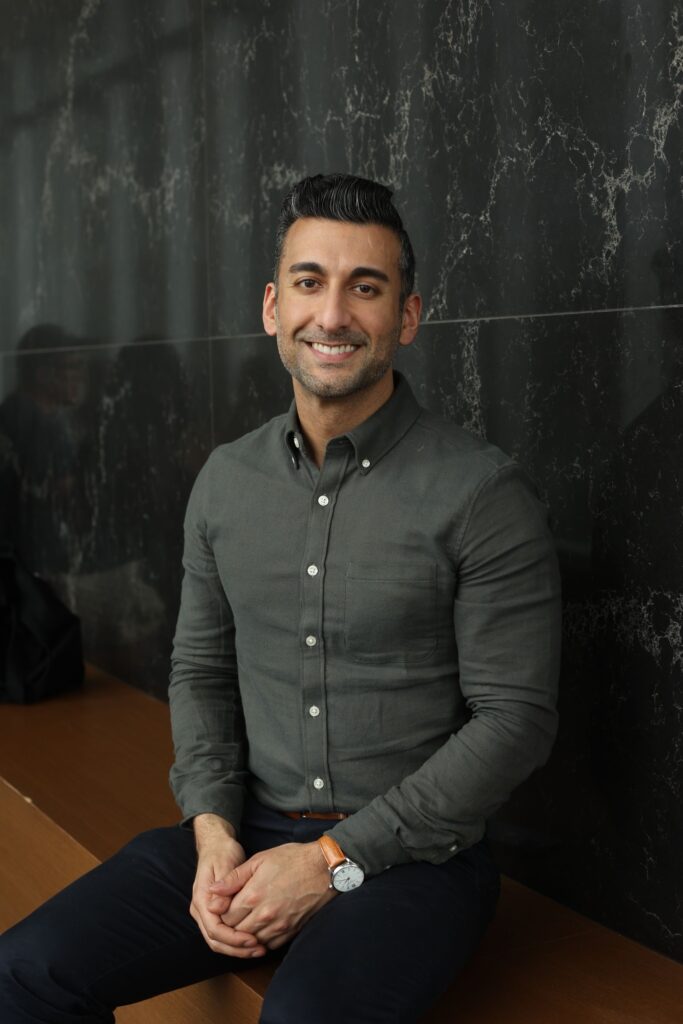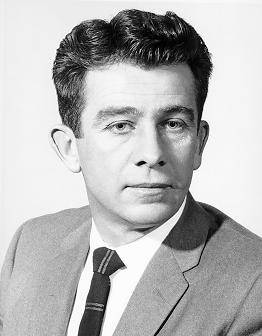Media Advisory: BCCLA at Supreme Court of Canada to intervene on freedom of the press in criminal trials
WHAT: BCCLA at the Supreme Court of Canada to intervene in Canadian Broadcasting Corporation, et al. v. Aydin Coban, et al. to argue that freedom of the press can promote the right […]
BCCLA Celebrates BC Court of Appeal striking down unconstitutional intrusions on parental privacy
Vancouver, BC (unceded Coast Salish Territories) – The BC Civil Liberties Association (BCCLA) celebrates the BC Court of Appeal’s decision in T.L. v. British Columbia (Attorney General) announced yesterday. The […]
Canada’s Mass Incarceration of Indigenous Peoples – Part 1

Written by Safiyya Ahmad While the BCCLA works towards systemic change in the criminal legal system, Canada’s use of mass incarceration against Indigenous people is a problem that is only […]
New Board Vice President Announcement

The BC Civil Liberties Association (BCCLA) is pleased to announce the new Vice President of our Board of Directors, Hasan Alam. Hasan is a labour and human rights lawyer at […]
Submission to Federal Housing Advocate highlights human rights violations against Downtown Eastside residents
Vancouver, BC (Unceded Coast Salish Territories) – The BC Civil Liberties Association (BCCLA) and Pivot Legal Society have made a joint submission today to the Federal Housing Advocate (FHA) on human […]
BCCLA and East Coast Prison Justice Society React: Cautiously Welcoming Mass Casualty Inquiry Report
Mi’kma’ki (unceded territory of the Mi’kmaq People) Truro, NS – The BC Civil Liberties Association (BCCLA) and East Coast Prison Justice Society (ECPJS) welcome the Final Report of the Commission […]
Pulling Back the Curtain on Canada’s Mass Surveillance Programs – Part Two: The CSE Secret Spying Archive

Read Part 1: Pulling Back the Curtain on Canada’s Mass Surveillance Programs – Part One: A Decade of Secret Spy Hearings The BCCLA is sharing over 4,000 never-before-seen pages detailing […]
BC Civil Liberties Association Rescinds 2020 Reg Robson Award from Mary Ellen Turpel-Lafond
The BC Civil Liberties Association (BCCLA) awarded the Reg Robson Award to Dr. Mary Ellen Turpel-Lafond as part of the 2020 Liberty Awards. The BCCLA’s annual Liberty Awards honour exceptional […]
BCCLA Reacts: Supreme Court of Canada misses crucial opportunity to protect Canadians’ Charter rights in foreign countries
Ottawa, ON (unceded Algonquin Anishnaabeg Territory) – The BC Civil Liberties Association (BCCLA) is disappointed by the Supreme Court of Canada’s decision on Friday, February 17 in R v. McGregor. […]
A Tribute to Bob Rowan

The BCCLA would like to honour the memory of Mr. Robert (Bob) J. Rowan, a founding director of our organization, who recently passed away on 11th December 2022. Bob served […]
